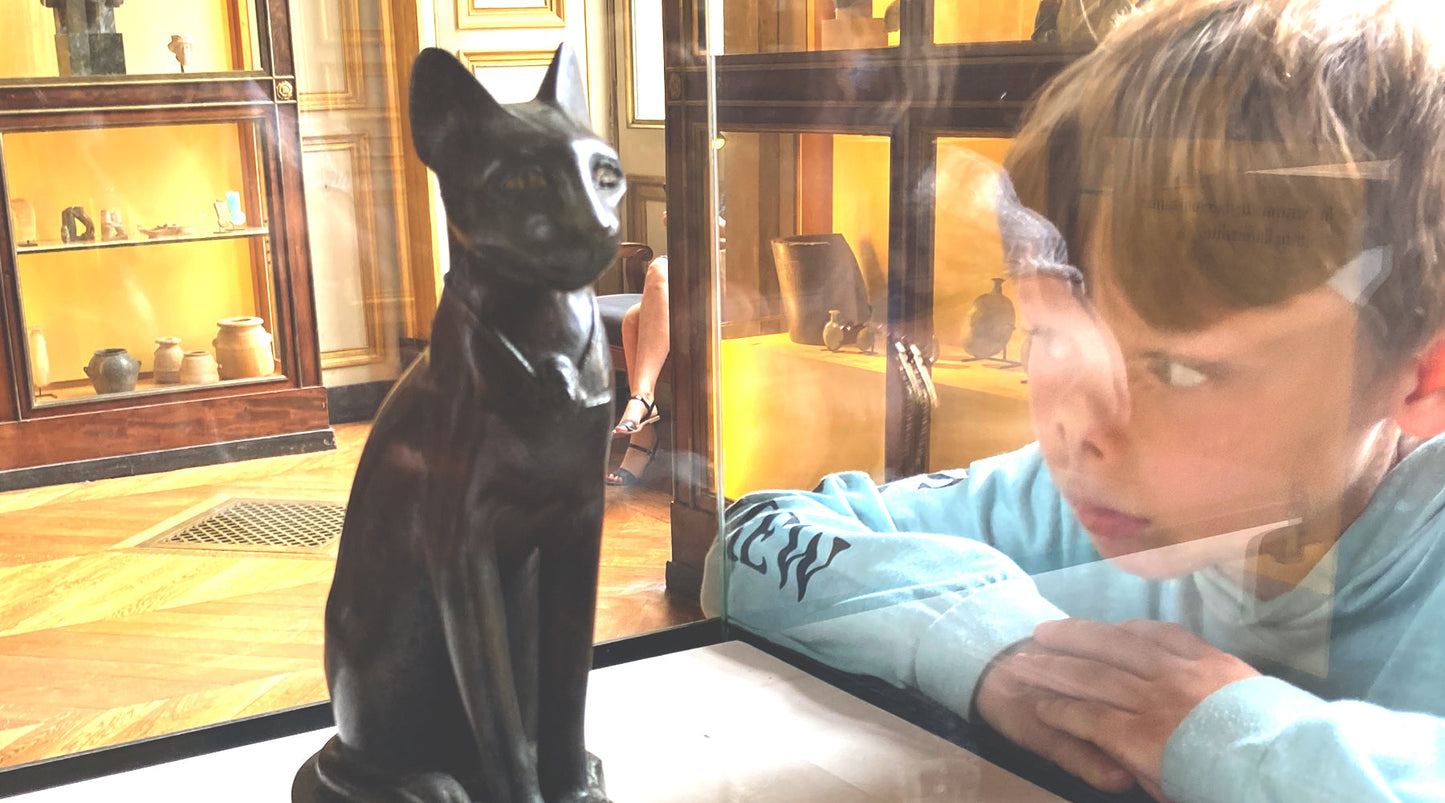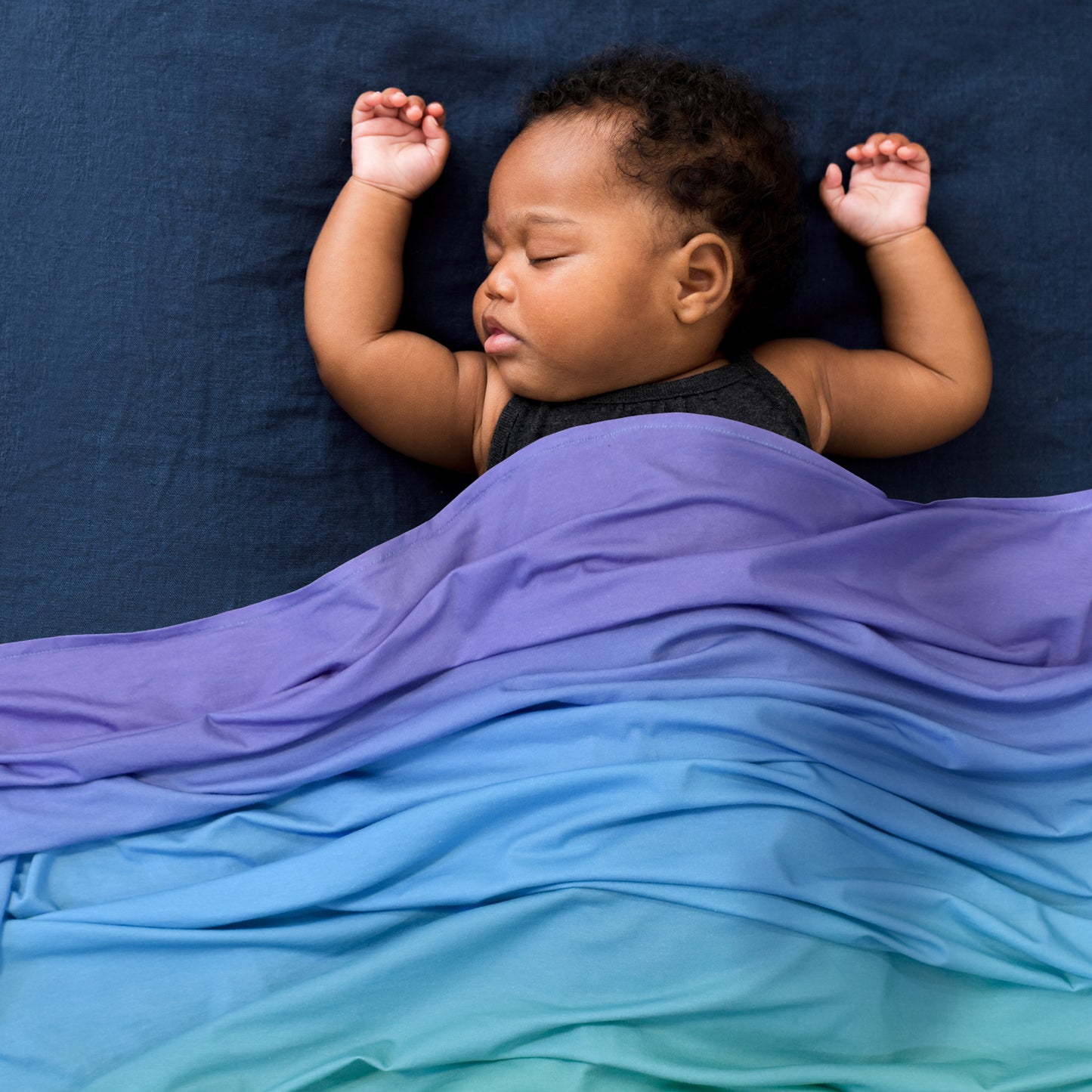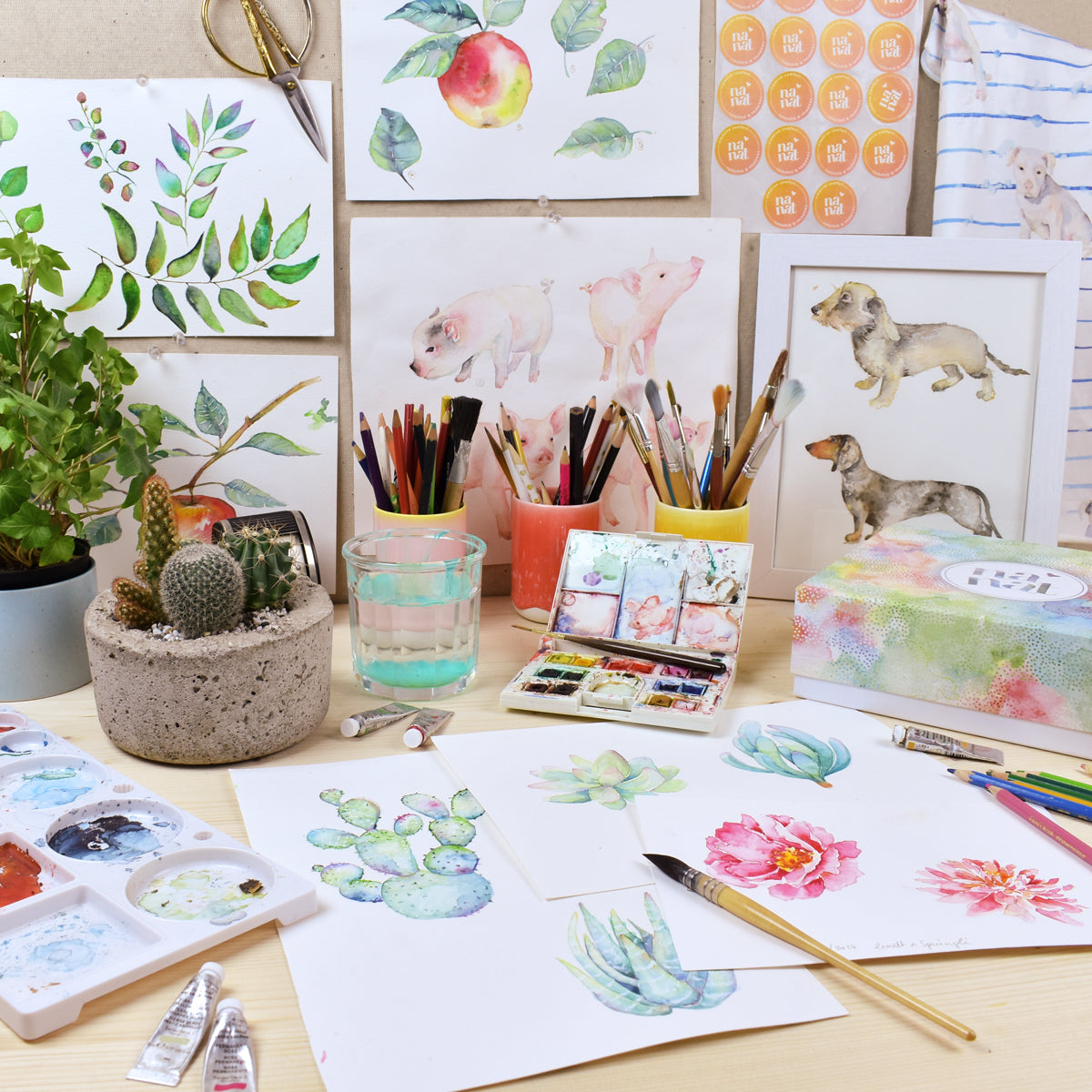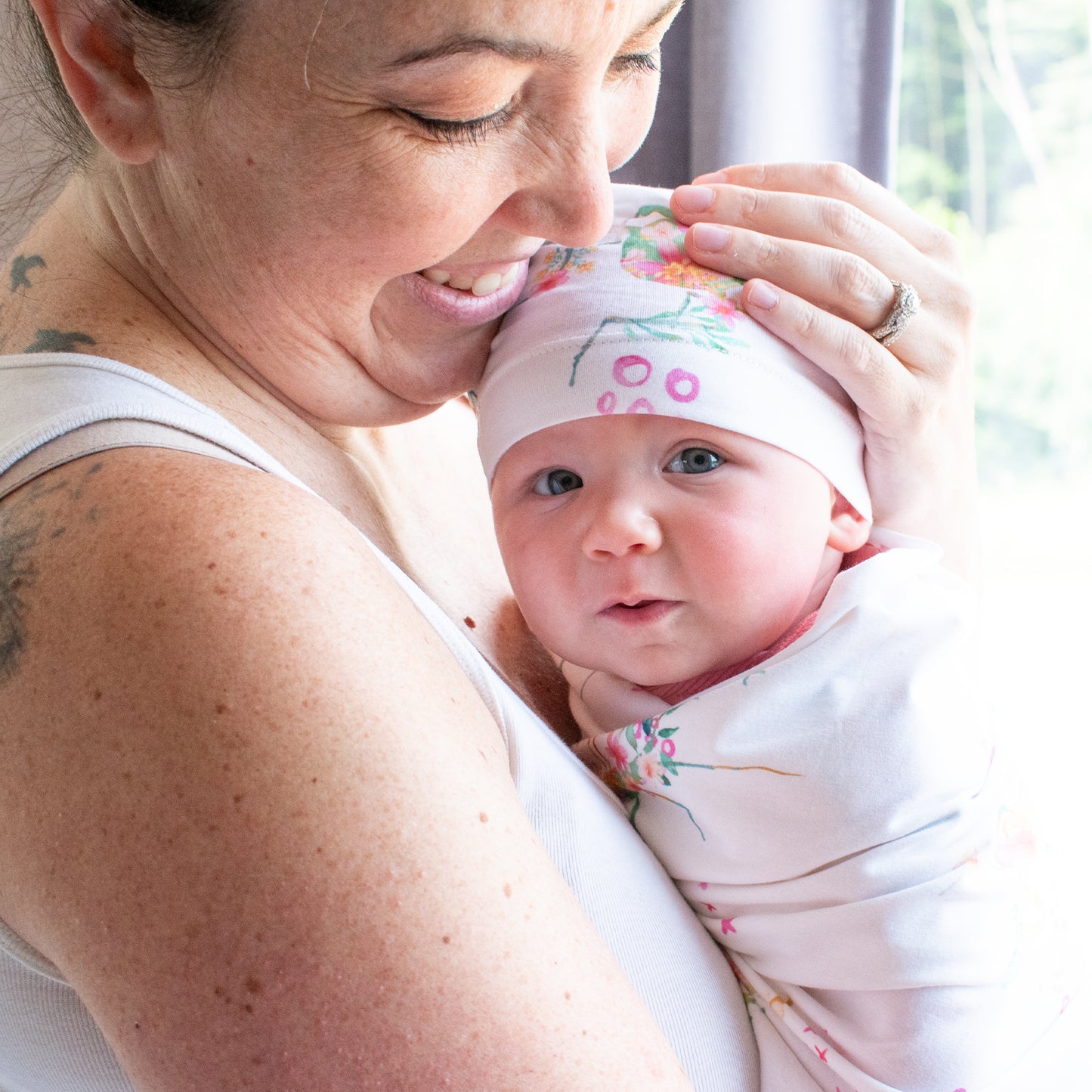
Let’s talk parental mental health today—specifically, how it holds up in the era of social media comparison.
Yep. I’ll be honest with you right away. Maybe (just maybe) this article is nothing more than a jealous rant against all the parents who flood my Instagram feed with picture-perfect family moments—pristine homes, effortlessly polished parents, and captions like “Simple family time” or “Sweet little faces” #perfectparenting #bestkidsever. For years now, I’ve been collecting mental snapshots of these beaming family selfies—miraculously captured in the brief window between a meltdown over snacks and an emergency diaper blowout.
Because let’s be real: life doesn’t actually look as flawless as it does on Instagram.
Social Media vs. Reality: The Big Illusion
This isn’t new, of course. Even before social media, nobody was scrapbooking tantrums, exhaustion, endless bedtime battles, or those “mom burnout” moments that hit hard after yet another sleepless night. Family albums have always been curated highlight reels—vacations, birthdays, road trips, fun outings. The ordinary, the chaotic, the messy? Those rarely make the cut.
Some of you might argue, “Yeah, well, back in the day (I’m Gen X, by the way), we sent vacation postcards, and that was basically the same thing.”
Nope. Not even close. Postcards were a one-on-one gesture—“Hey, I thought of you while I was here.” They weren’t broadcasted to 1,102,000 followers. (And speaking of followers, Nanat Baby only has 129, so if you’re not following yet… well, you should.)
Postcards were about connection. Social media? It’s just a storefront window dressed in “parenting perfection”.
The Toxic Trap of Social Media Comparison
And then, of course, there’s the comparison game.
Or should I say… competition? That wasn’t the original intent, but let’s be honest—who hasn’t felt the urge to “share” those perfect family moments? It starts as a way to give loved ones an update, maybe spark a real-life catch-up over coffee. But somehow, human nature always finds a way to turn it into something else.
In theory, seeing others happy should be uplifting. Watching our feeds fill up with picture-perfect moments should feel like a mental health boost—a hit of secondhand joy. Your happiness should make me happy. Your fun family moments should make me feel like I, too, share a fun time. Your smiling kids should warm my heart.
Except… that’s not how it works.
Much like the trickle-down economics that never quite seems to trickle, the “trickle-down effect of social media happiness” is a myth.
The Mental Health Toll of Social Media
Studies confirm what we already suspect: this endless feed of curated perfection messes with our mental well-being, leading to self-doubt, decreased self-esteem, and even parental anxiety or mom guilt. The more we scroll, the more we feel like we’re falling short.
Unless, of course, your idea of perfect parenting includes mess, tears, yelling, burned meals, and too much screen time while eating unhealthy snacks. If that sounds like your kind of bliss, you’re probably doing just fine. Maybe even better than fine.
And who knows? You might even start feeling genuinely happy for those other parents on your feed.
Remember, parenting isn’t about looking perfect; it’s about showing up, surviving the chaos, and embracing the messy reality behind the cute captions.
So next time you see a flawless family post, take a deep breath and remember: behind every picture-perfect moment is a whole lot of snack meltdowns and sleepless nights—just like yours.

Let’s keep the conversation going! Follow @nanat.baby for more real talk, and subscribe to our emails for exclusive updates, special offers, and parenting moments that don’t make the highlight reel.



